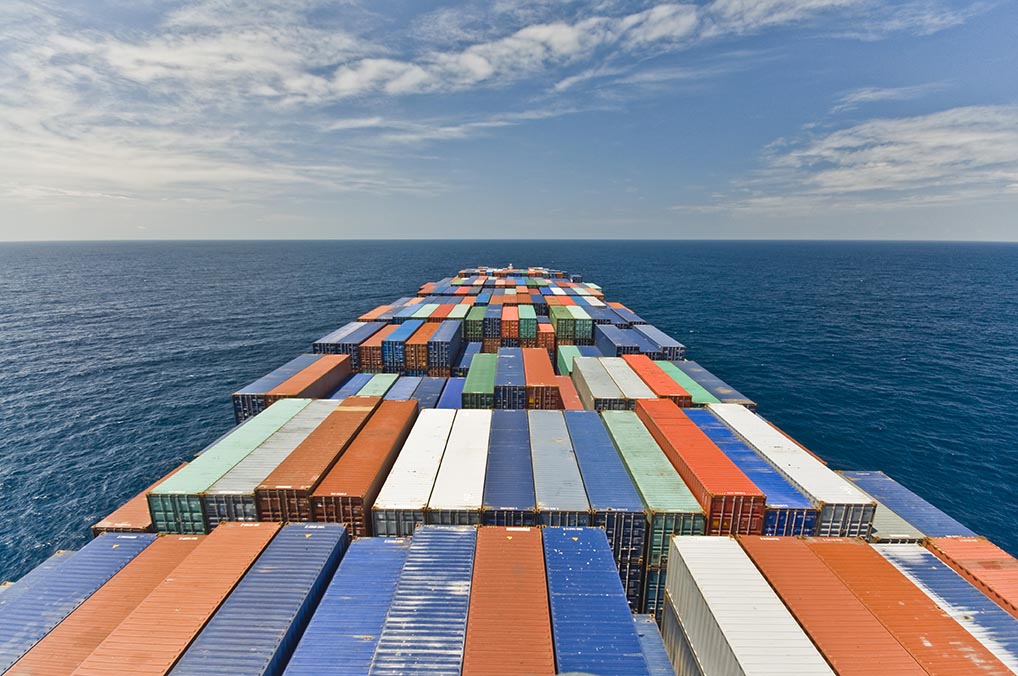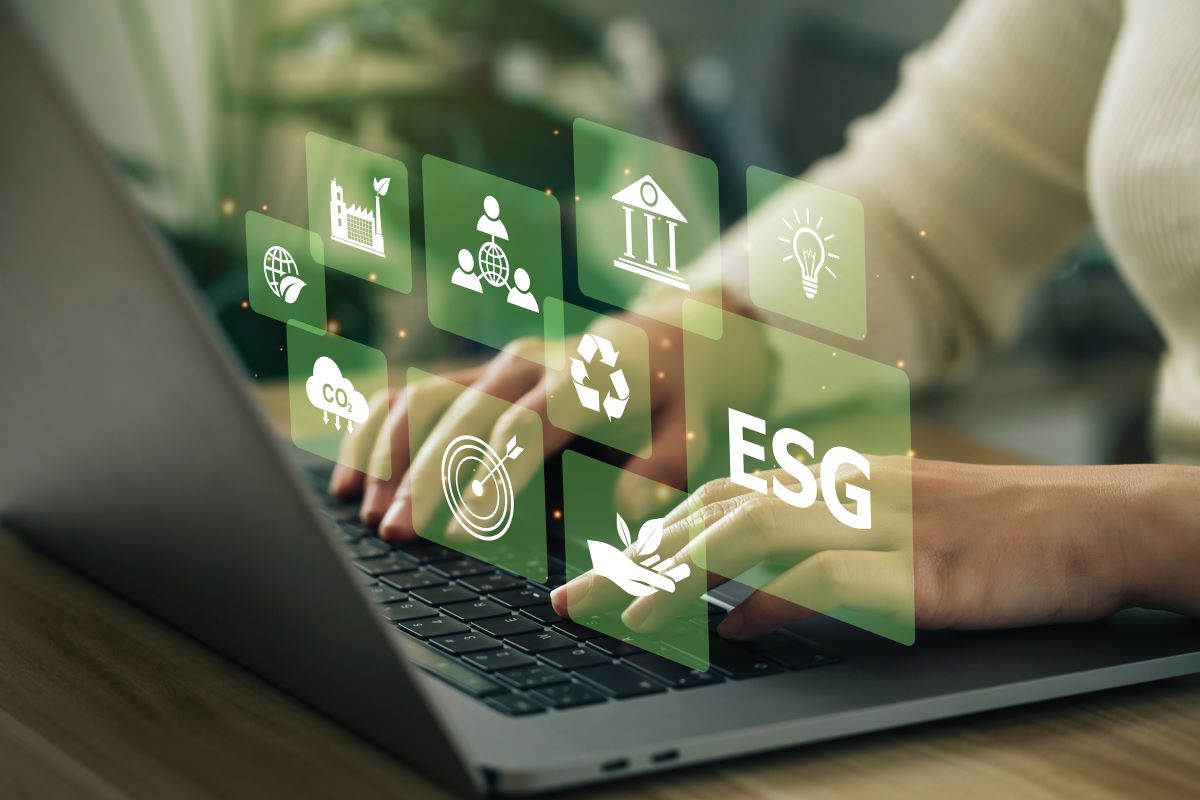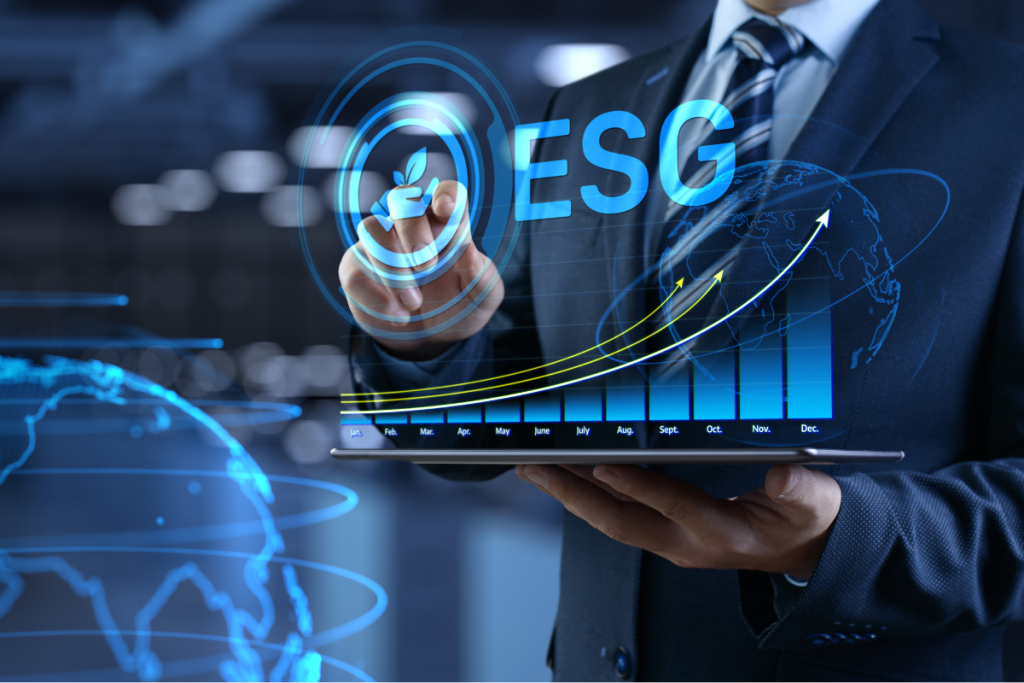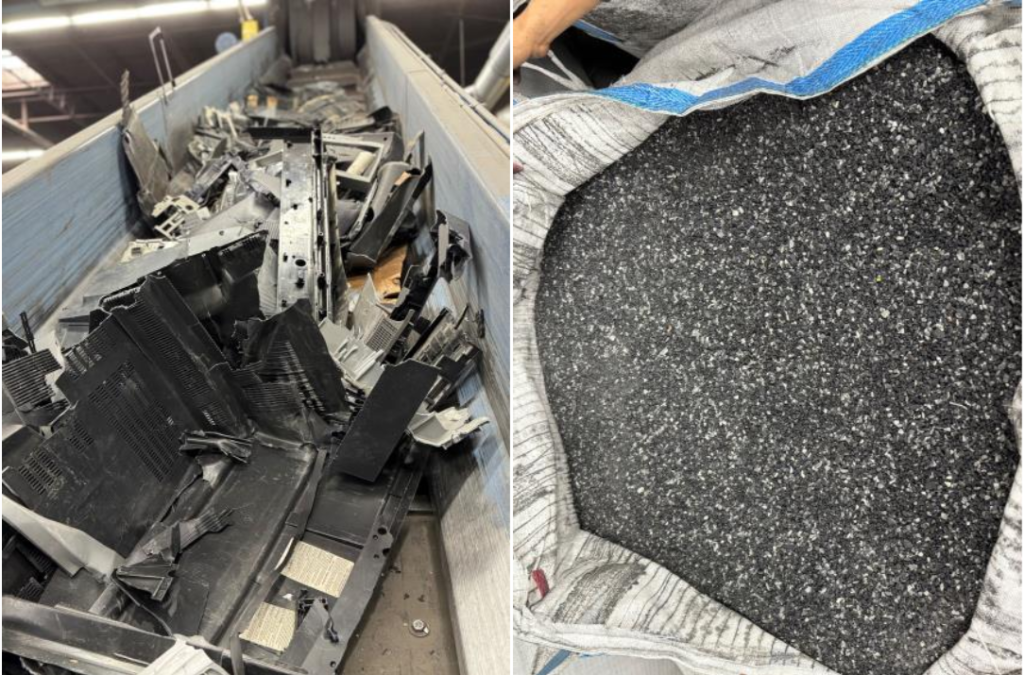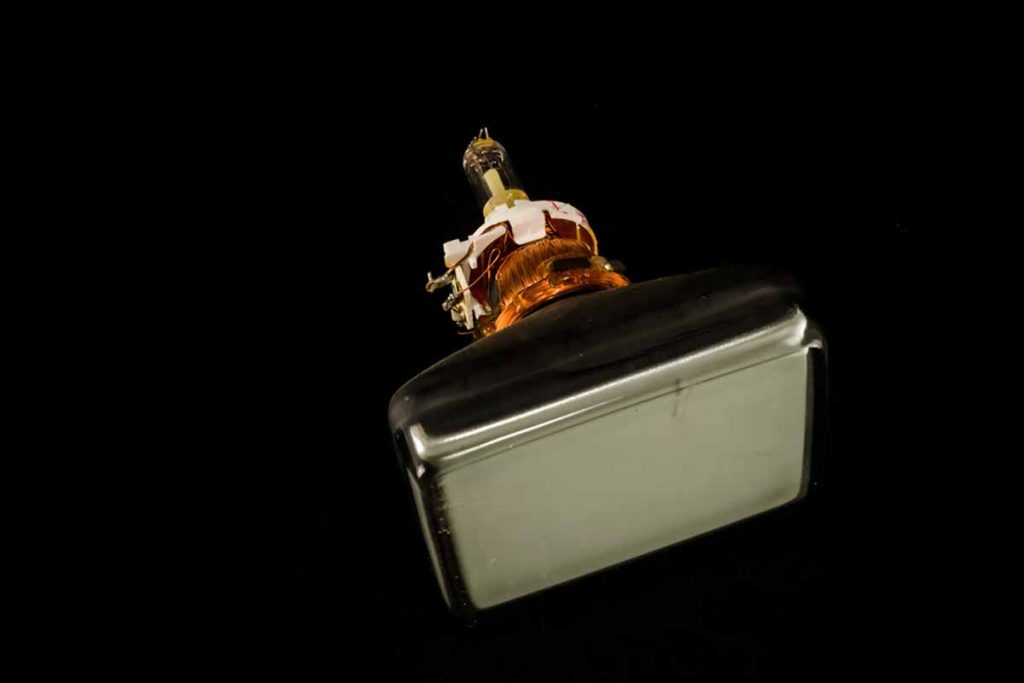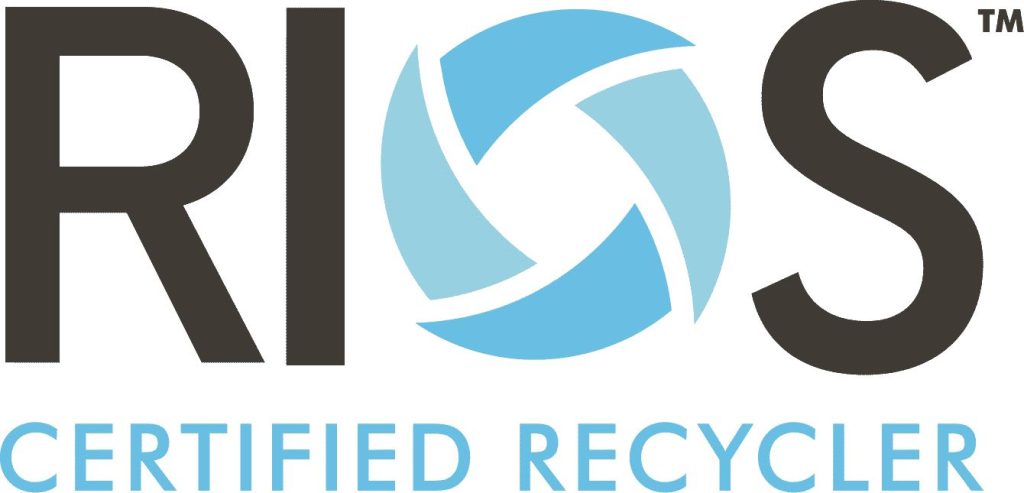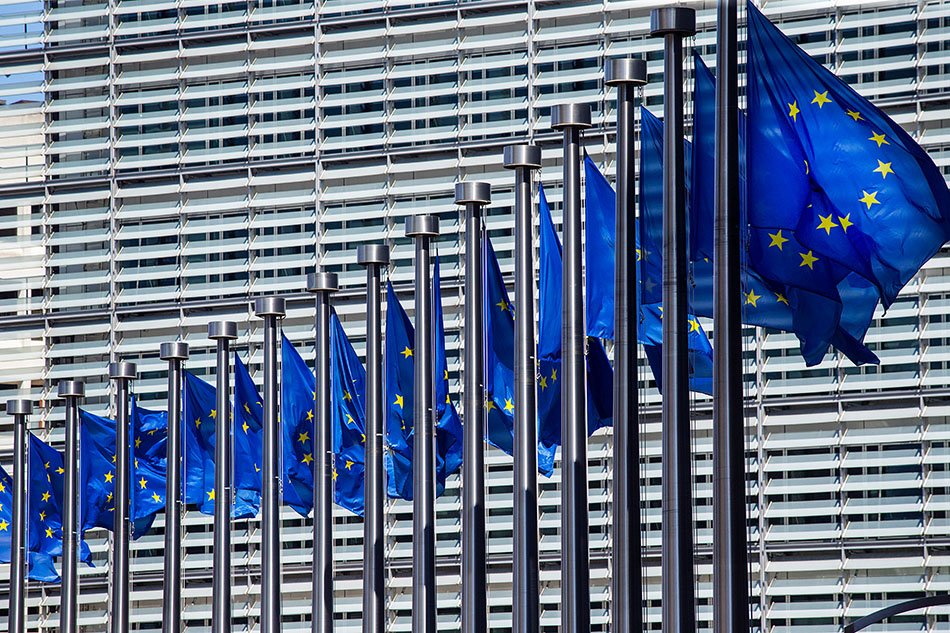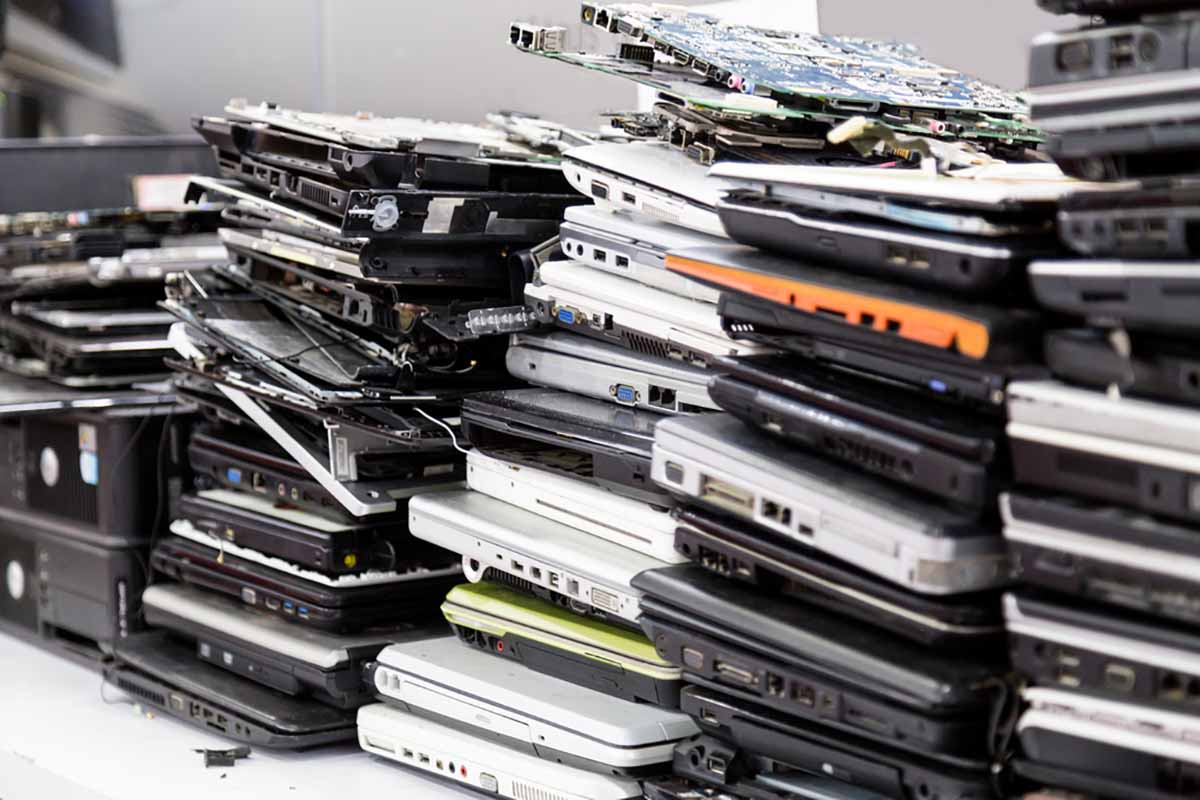
The petition centers on device theft that occurred during IT asset disposition jobs in the Washington, D.C. area in 2022 and 2023. | ThamKC/Shutterstock
A petition is gathering signatures to compel the e-Stewards, i-SIGMA and R2 certifications to publicly address and investigate an IT asset disposition-connected data breach that came to light early this year. All three certifications responded in statements to E-Scrap News. Continue Reading


